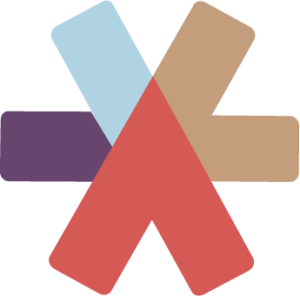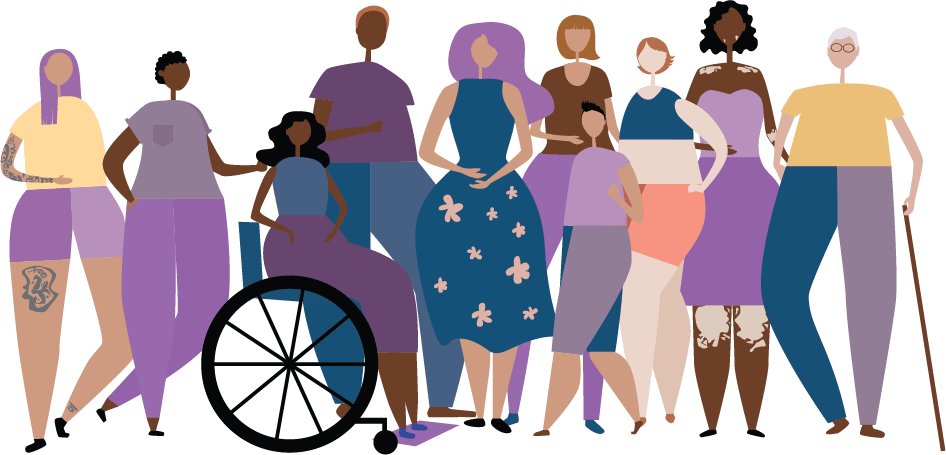
Our Values
Our work centers and celebrates women. Our work is trans-inclusive, gender-expansive, and anti-racist. Our work challenges patriarchy, misogyny, and sexism. We hold these values as core to our feminist practices and essential to building gender justice.*SURVEY
Knowledge Is Power.
Let’s Build It Together.
A Powerful Tool in the Fight for Social Justice.
We created the National LGBTQ+ Women’s Community Survey to make our lives more visible, to celebrate the expansiveness of our community, and to demand full recognition of our whole selves and all our lived experiences. In collaboration with 117 partner organizations, we collected stories from thousands of LGBTQ+ women. We built a comprehensive data set based on 5,002 completed surveys, organized around twenty thematic areas, and examined through eight demographic lenses.*DATA
Explore. Learn. Use.
New Resources Coming Soon!
Join Us
Check out forthcoming events.
*ACTION
Get Involved!
Fight for Gender Justice.
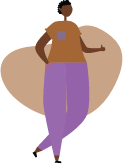
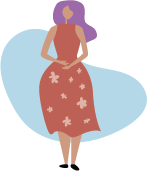
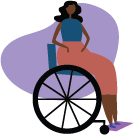
*CHANGE
Data Justice:
A Process and an Outcome.
Data can be a powerful tool in the fight for social justice. It can expose injustice, strengthen advocacy for change, and measure progress towards shifting resources and power.
But it can also undermine social justice by reinforcing power, privilege, bias, and stereotypes.
Moving forward, we are focusing on making our survey data widely available – in many different forms.
We will also be actively supporting community partners to use our data to strengthen their advocacy, organizing, policy making, research and service work.
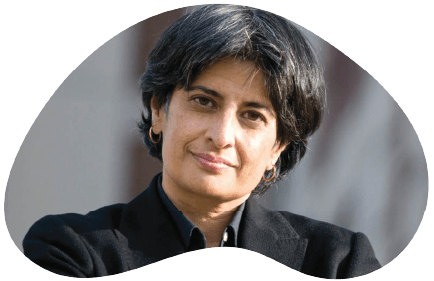
*VISION
Reimaging Power
Through a Lesbian Agenda.
Urvashi took great pride in her identity as a “dyke” and a “lesbian”. She was sometimes questioned about why she continued to embrace it when it seemed at odds with the nuanced, intersectional, non-binary and fluid spaces of new generations of queer activists. For her there was no contradiction: her activism always centered an expansive notion of intersectionality and justice.
Our project was shaped by this vision, and it will continue to guide our work moving forward.
